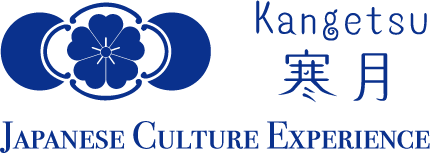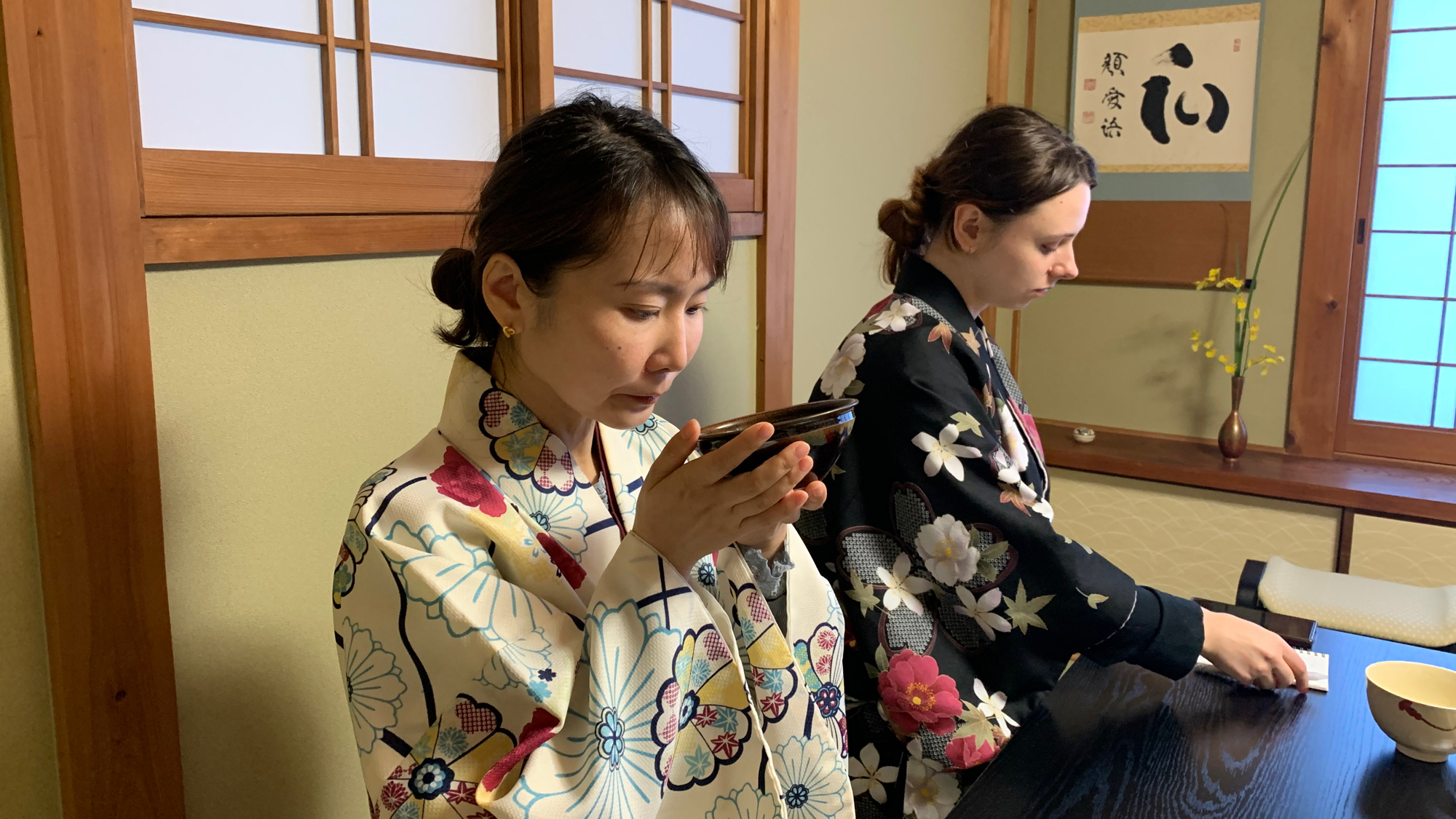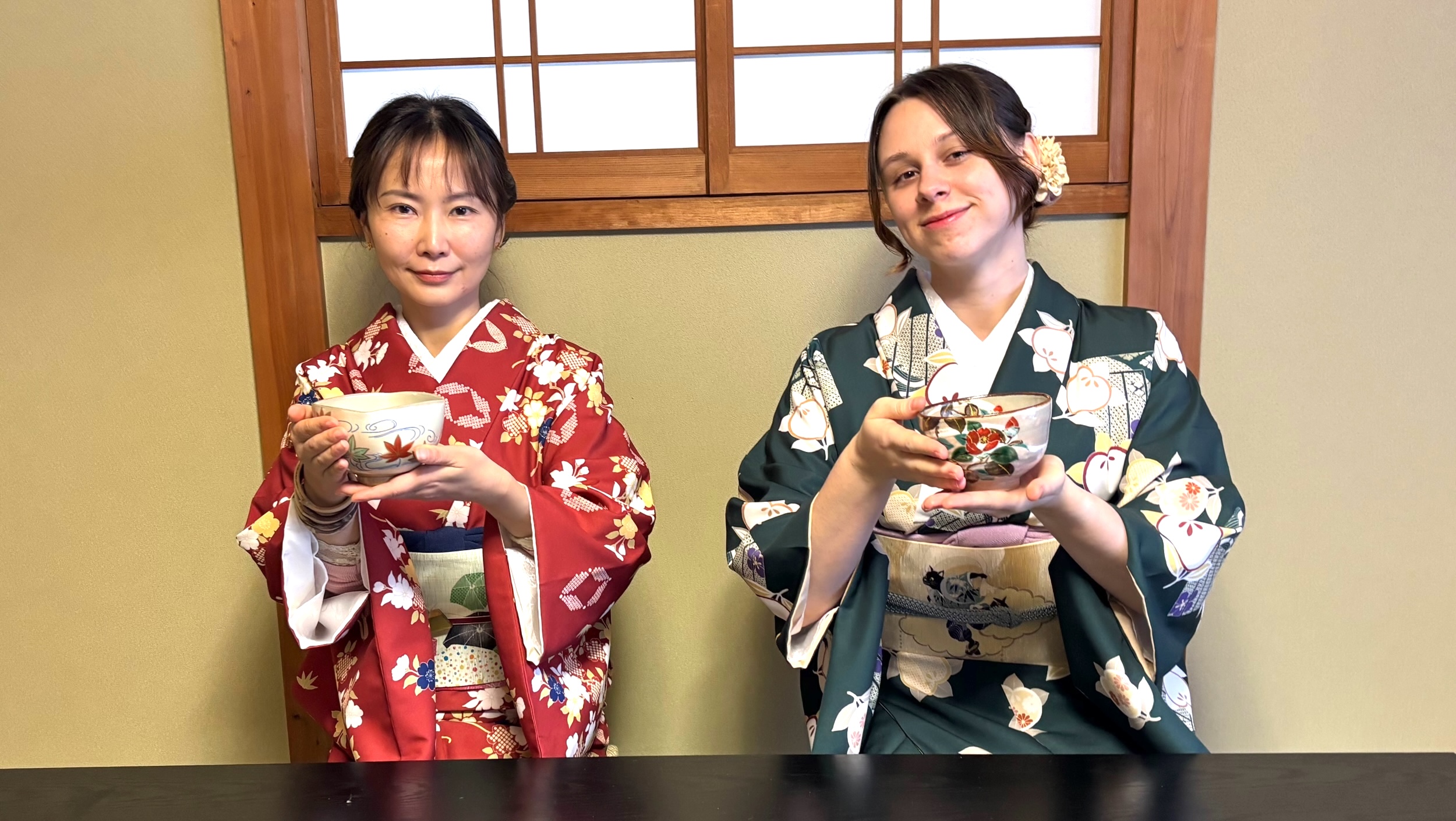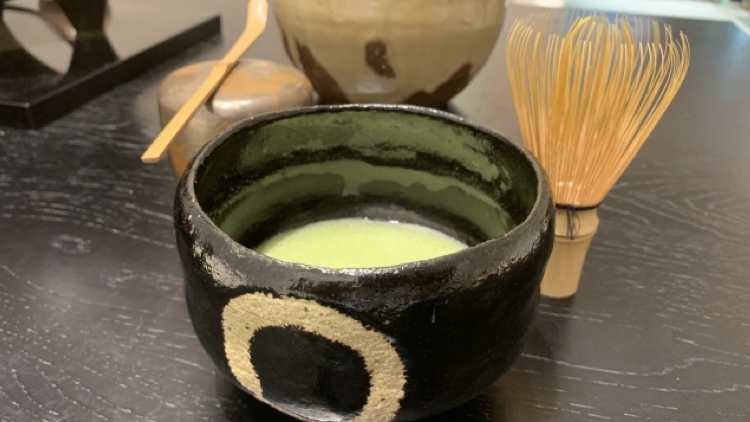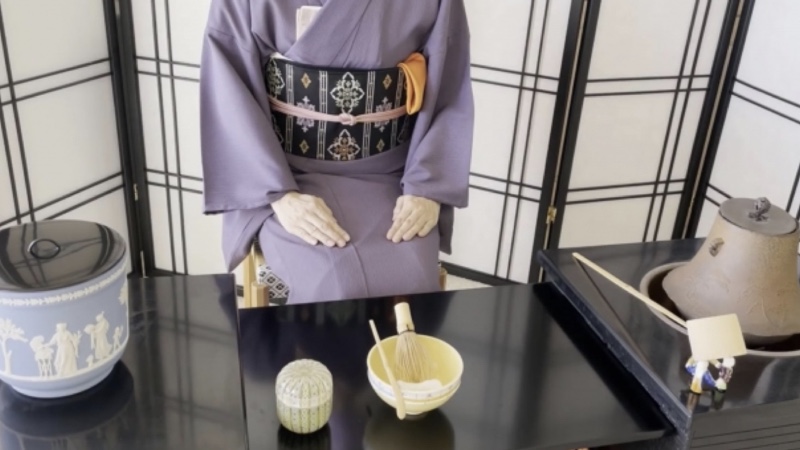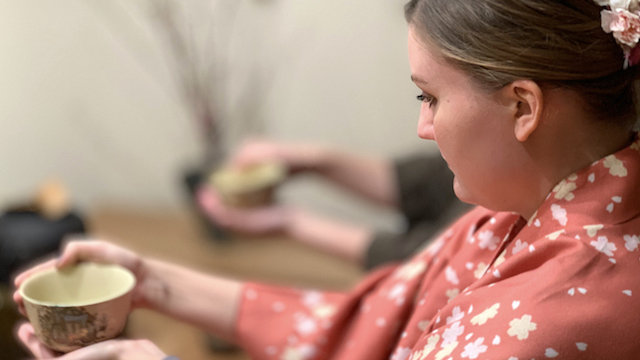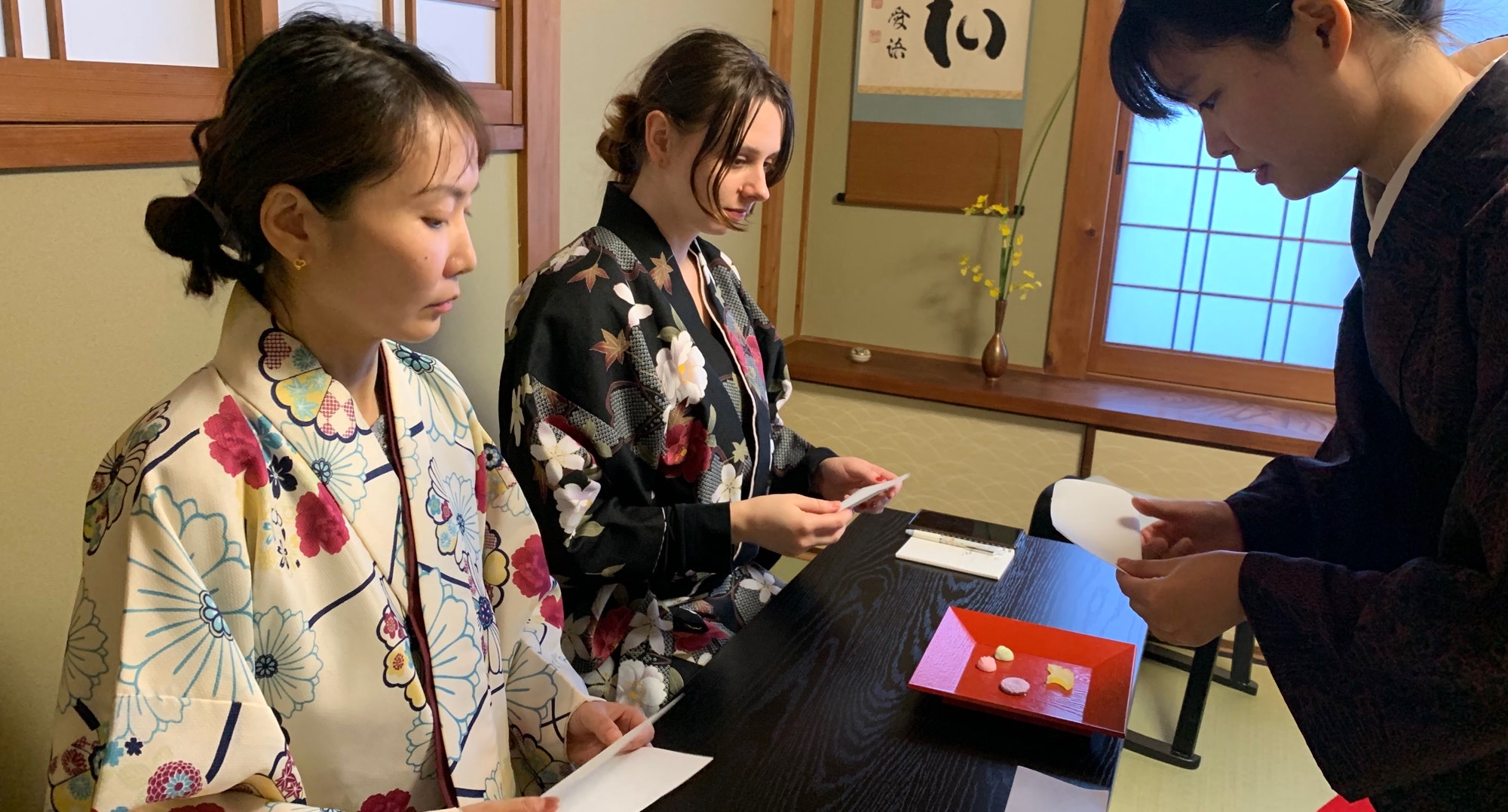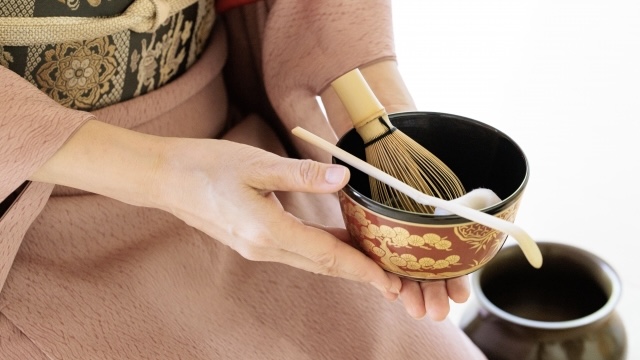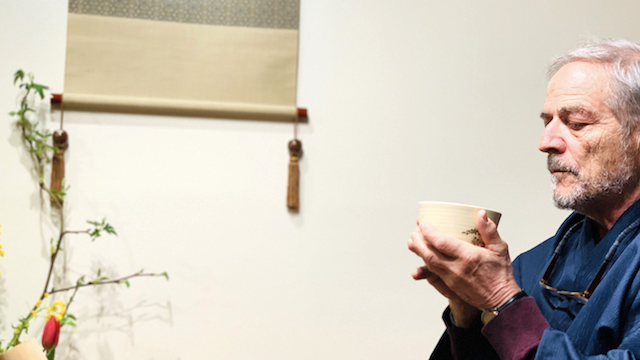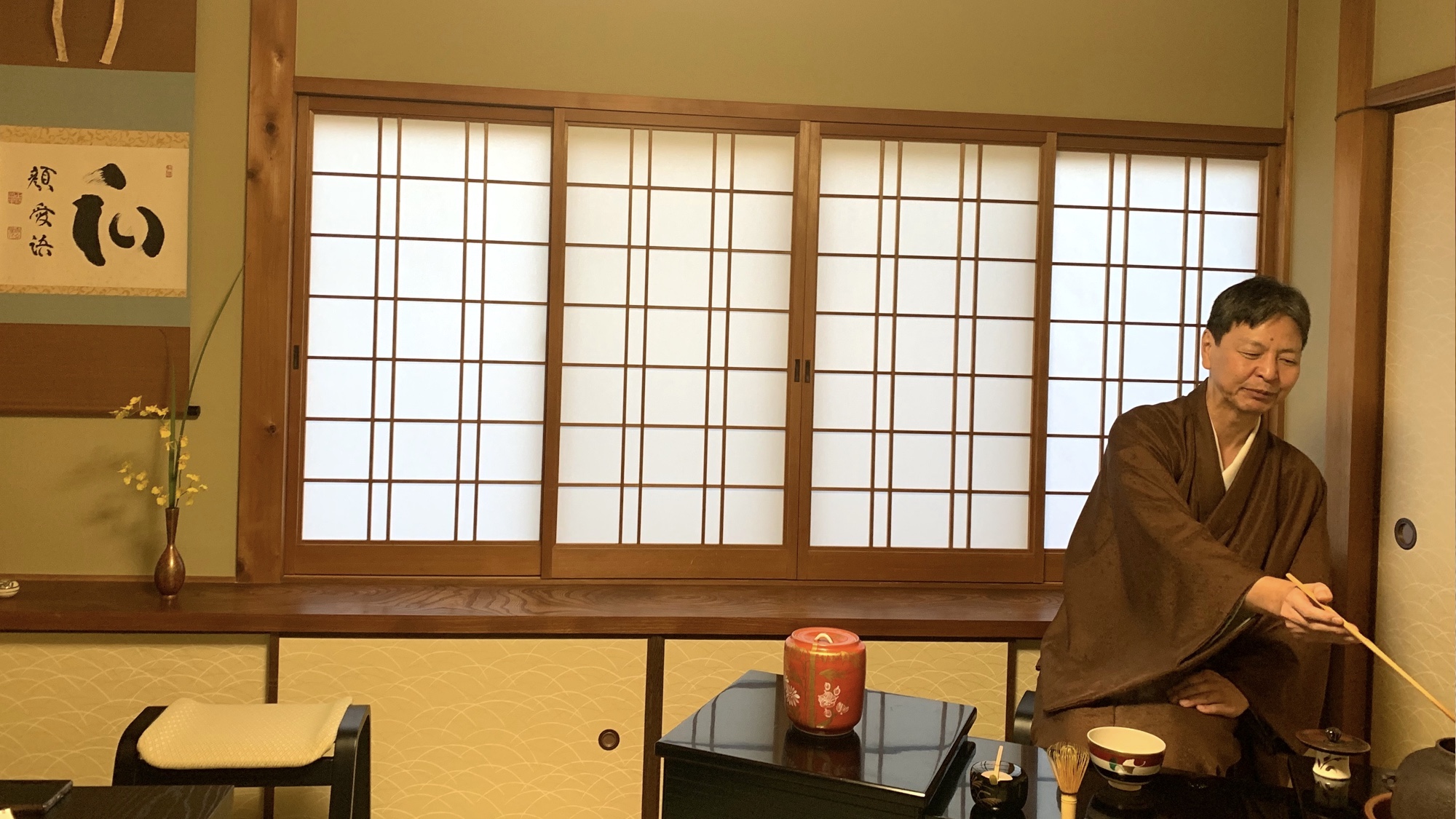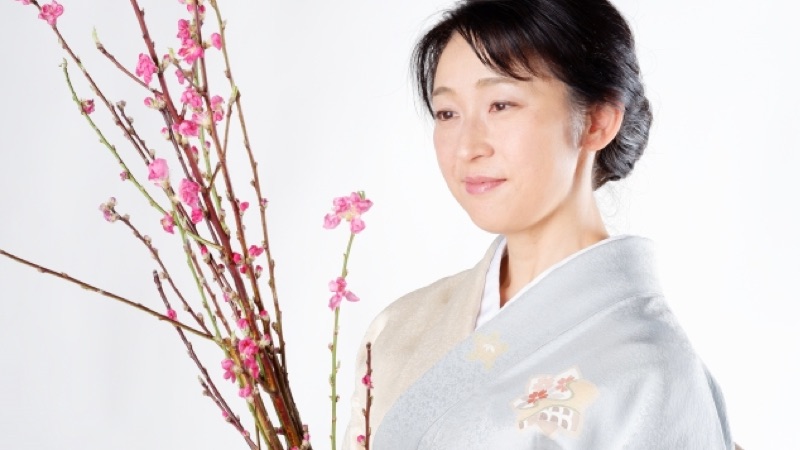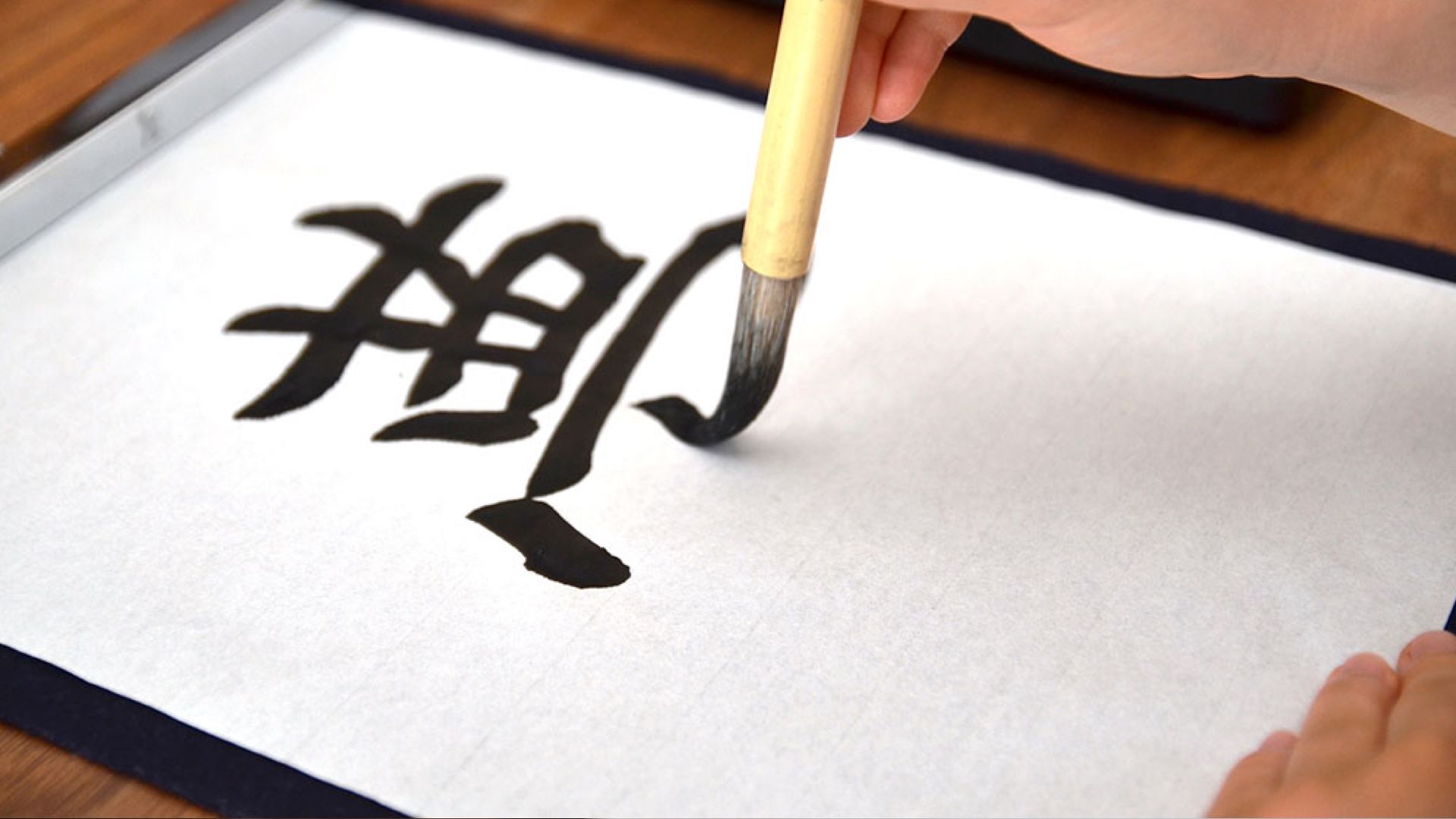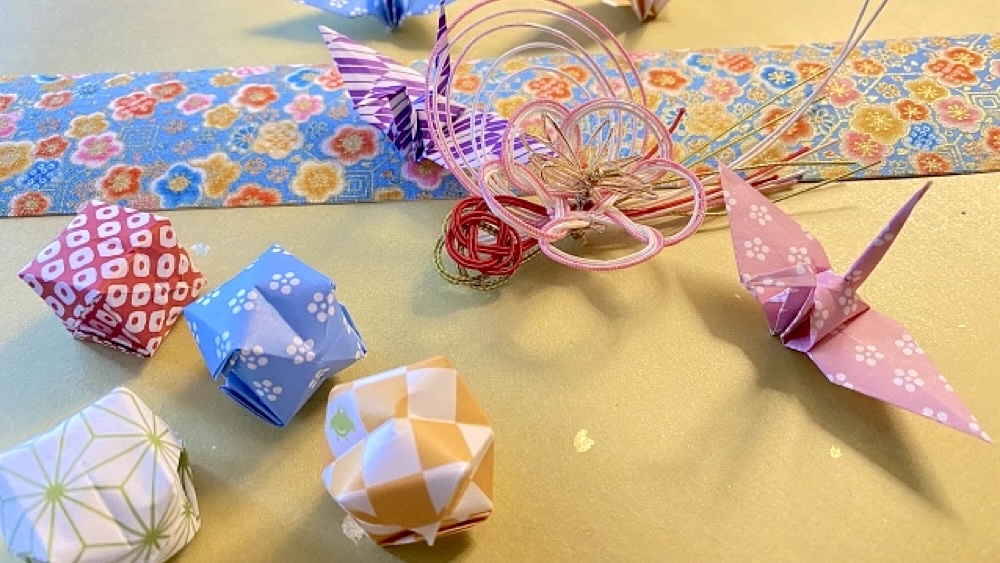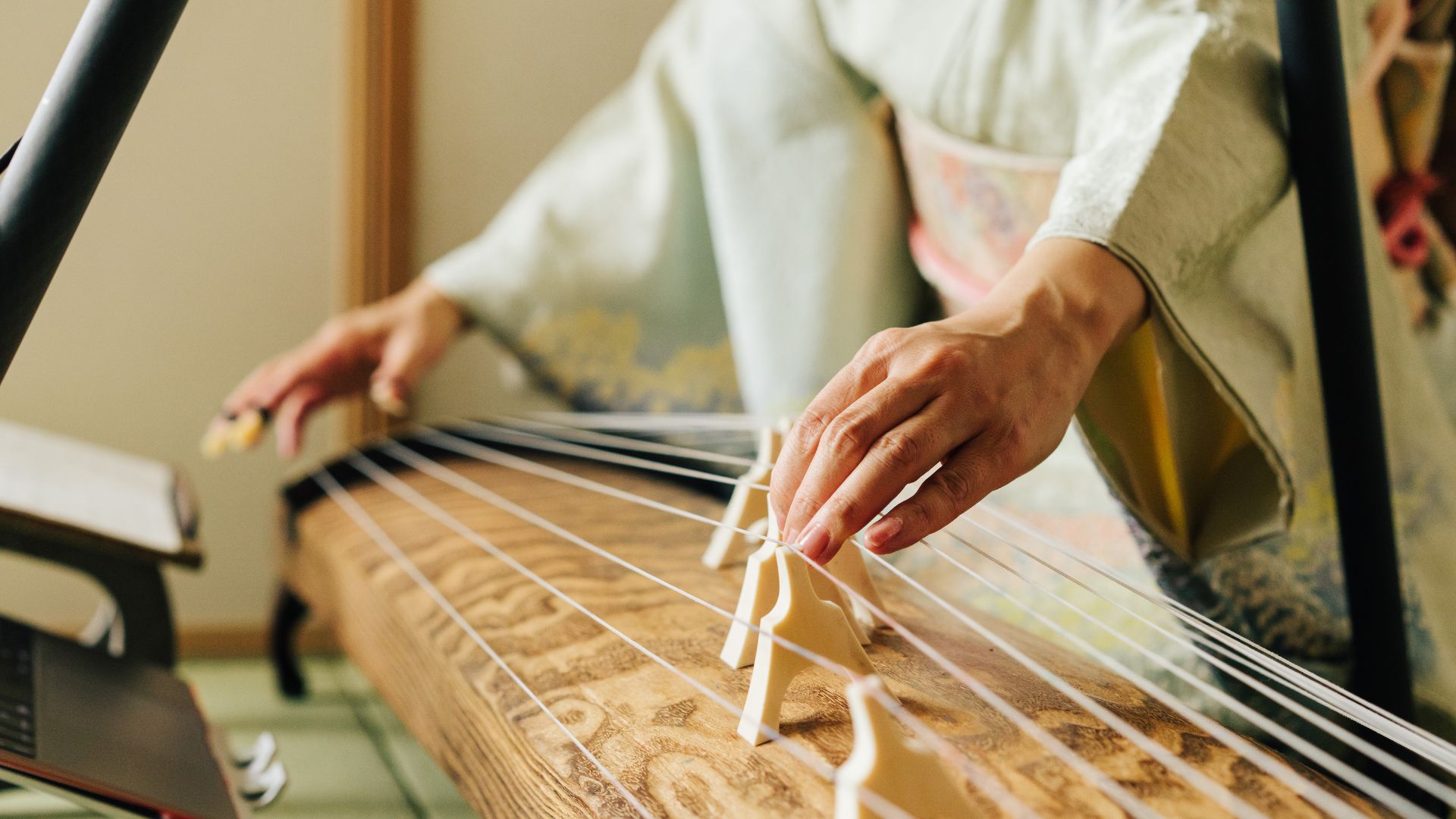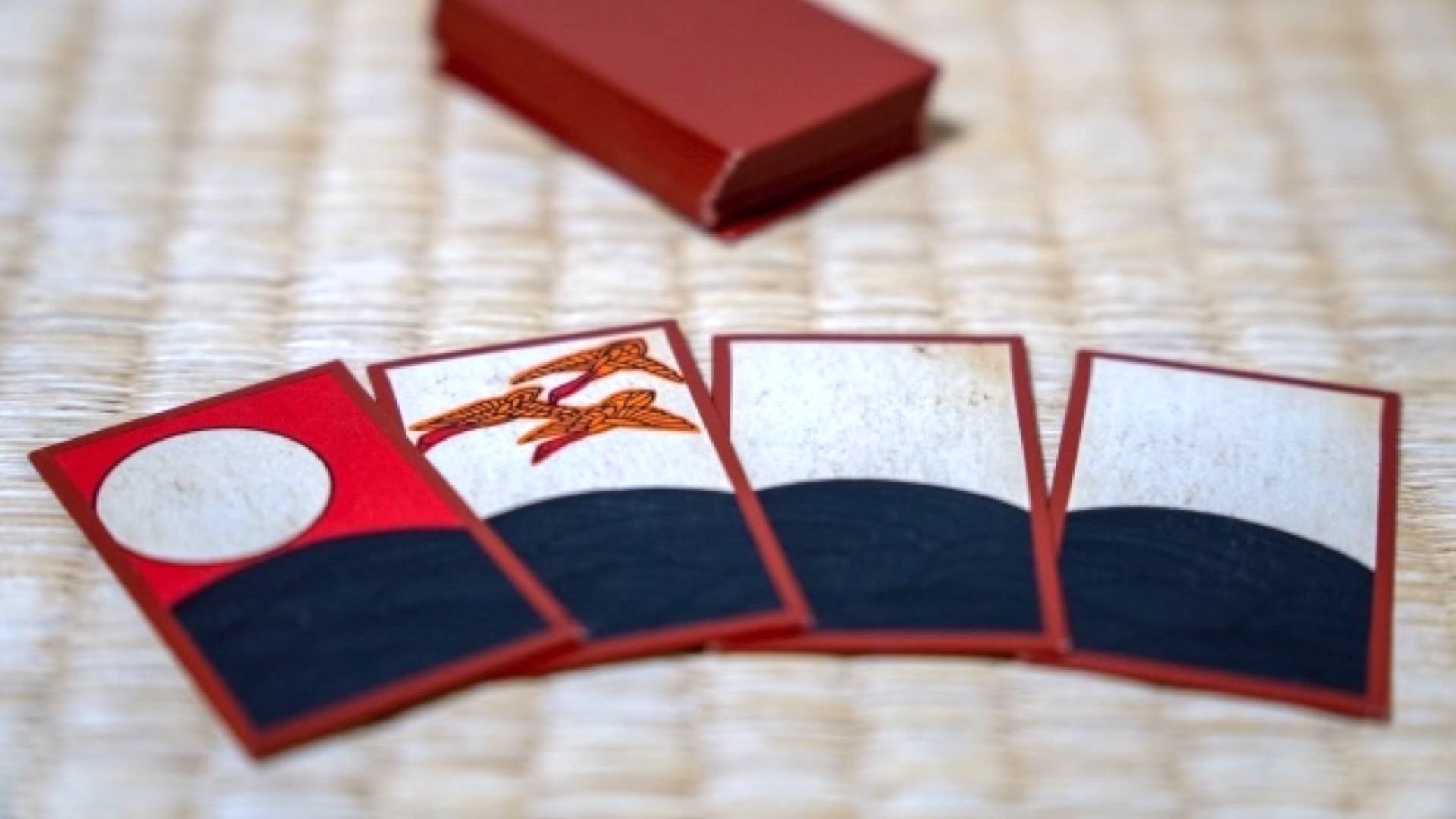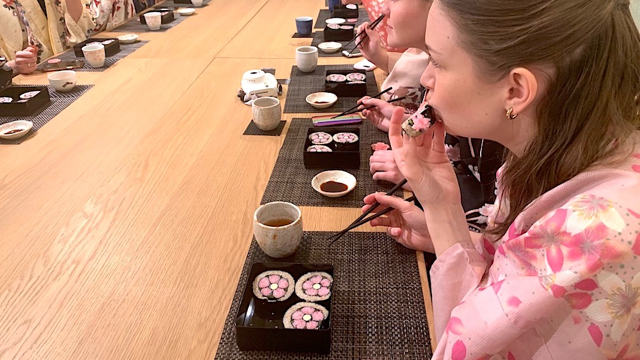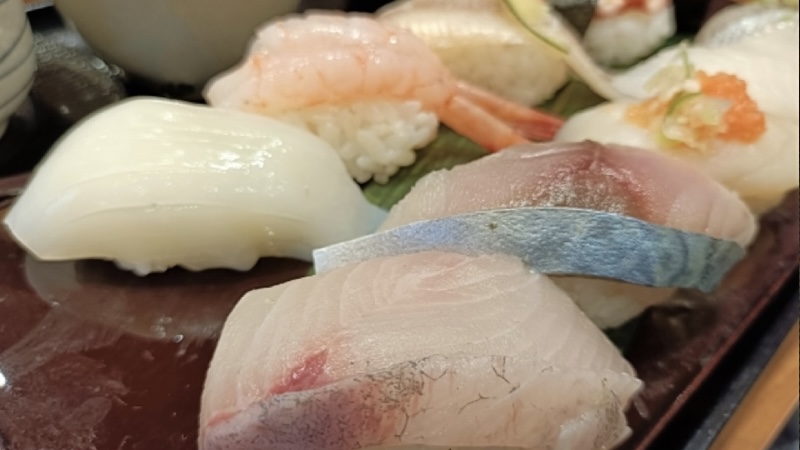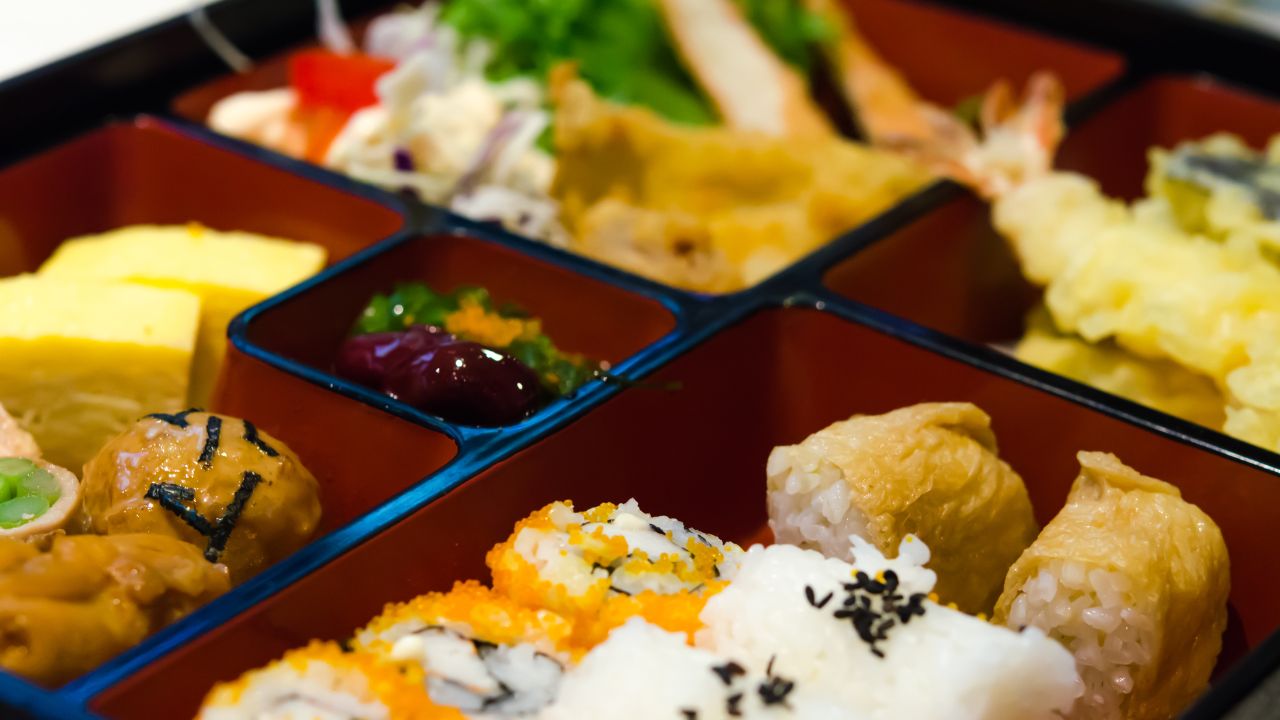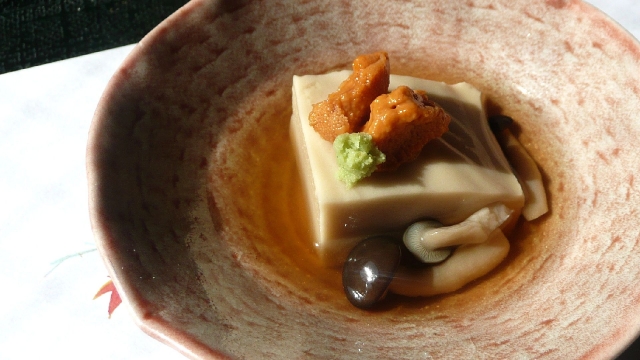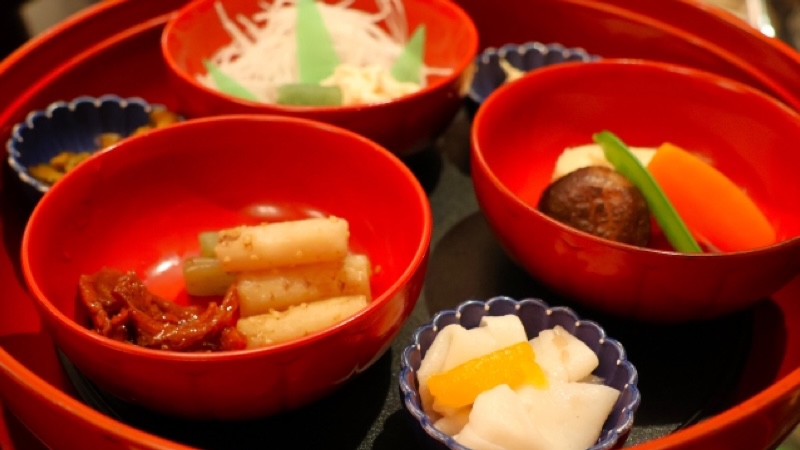Japanese Tea Ceremony Experience日本の茶道体験
"A Moment to Embrace Japanese Tradition"
Welcome to the Tea Ceremony Experience Course!
All beginners are welcome! Experience the tea ceremony in Ninenzaka, Kyoto.
Whisk matcha and savor it in a tea bowl. Quiet your mind with Japan’s traditional tea ceremony.
Our experienced instructors will guide you step-by-step.
Special Offers
1.We offer easy-to-wear traditional Japanese clothing rentals. Women can choose a two-piece kimono, while men can choose a samue.
2.We offer a special price for our premium matcha, made from 100% Kyoto Uji tea leaves. Matcha tea bowls are also available for purchase.
Tea Ceremony Class Using Ryuurei and Chairs
Ryuurei-Style Tea Ceremony Experience
Enjoy the elegance of the tea ceremony
Join this tea ceremony experience and explore Japanese traditional culture.
This class is held on the second floor of a small machiya over 100 years old, located in the scenic preservation area of Ninenzaka.
The "Ryuurei-style" involves sitting on chairs, making it comfortable even for those who are not used to sitting in a traditional kneeling position (seiza).
This format was developed during the Meiji era for the Kyoto Expo.
Beginners are very welcome
Feel free to join in casual attire, whether in jeans or kimono—it’s up to you! No special preparations are required (don’t forget your socks).
Experience Details
Sessions are held according to your preferred schedule.
The experience includes an explanation of tea ceremony history and demonstrations of tea-making techniques.
Participants will also have the opportunity to prepare matcha themselves.
We welcome guests from around the world, offering support in Japanese, English, Chinese, Ukrainian, Russian and French.
(Please inquire about language support availability in advance.)
Various Participation Purposes
Participants join for various reasons, including corporate training, family activities during summer vacations, or as a pre-departure experience for students studying abroad.
Special Offers
Participants can purchase special matcha made with 100% Kyoto Uji tea leaves at a discounted price.
We also offer tea bowl sales.
How to Reserve
Reservations are available for individuals or groups.
Please book at least one day in advance.
For same-day reservations, contact us by phone.
